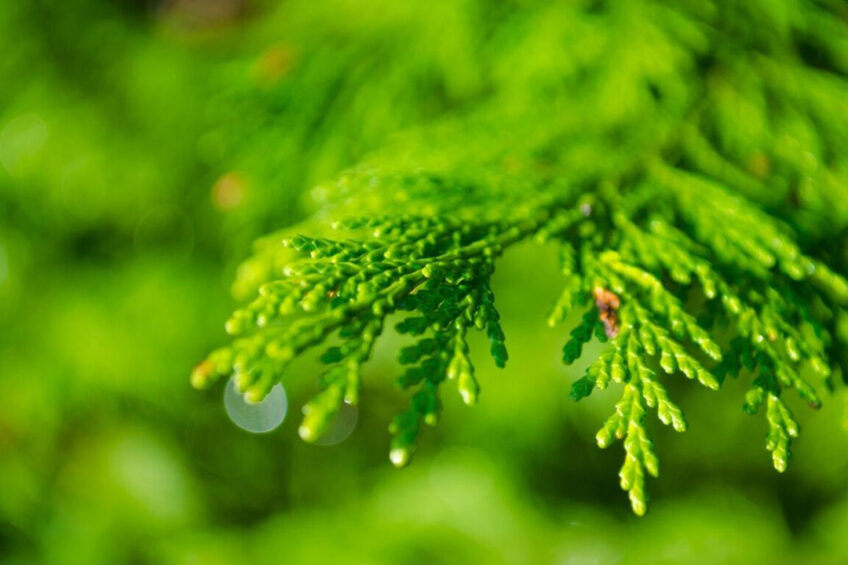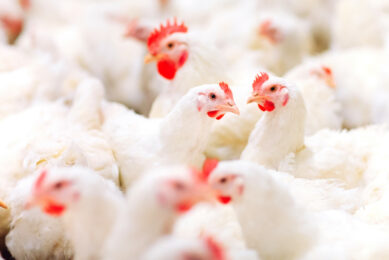Russian scientists roll out coniferous feed additives

A team of scientists from the Altai State Agrarian University, Russia, has developed a coniferous vitamin supplement, which can reportedly replace imported carotene in the diets of cattle and poultry.
The price of carotene on the Russian market is projected to jump to $105 to $130 per kilogram, as supplies from the main European production capacities in Germany, the Netherlands and France are disrupted due to Western sanctions, the Russian state news outlet Regnum reported, citing local analysts.
…potential of enriching animal feed with coniferous woody greenery is not fully used
Challenges of using coniferous as a feed additives
“Nowadays, the potential of enriching animal feed with coniferous woody greenery is not fully used,” said Vladimir Khauston, the leading researcher.
“It is very rich in chlorophyll, carotene, vitamins, macro- and microelements, phytohormones, phytoncides, bacteriostatic and anthelmintic substances,” he said, adding that the attempts to use this substance as a feed additive was a challenge due to the presence of tannins, resinous substances and bitterness in coniferous greenery.
Technical advancements
However, the technology the scientists describe as “extrusion of logging waste” promises to solve that problem, Russian scientists said.
“Feeding needles in the form of a coniferous vitamin supplement gives the best results since it retains up to 95% of the original nutrients. The main problem lies in the selection of optimal dosages and delivery forms,” Khaustov said.
Trails with dairy cows: Higher milk yields
The feed additive has already passed the first field trials at Prigorodnoye educational farm in Altai Krai. Under the experiment, 20 heads of black-motley breed heifers were divided into the experimental and control group. The first group’s diet included 300 grams of coniferous-vitamin feed additive per head per day for 40 days – 20 days before calving and 20 days after calving.
At the end of the study, it was estimated that the average daily milk yield increased by 7.7% in the experimental group. The scientists also reported that “a clear trend of improving blood parameters was recorded,” not providing any further details.
Poultry also benefit
Another experiment aimed at studying the effect of a coniferous vitamin feed additive on poultry has been carried out at Lindovskaya goose farm in Altai Krai, involving two groups of 1,000 heads each. The scientists said that the use of the new feed additive decrease the average mortality rate by 12%, and increased egg production by 10.44%, compared to the control.
The coniferous-vitamin feed additives also turned out to bring promising results when added to the diet of sires and chicken parent flock, the scientists reported, not elaborating.
There is no information on whether the scientists plan to submit the new additive for commercial use.











